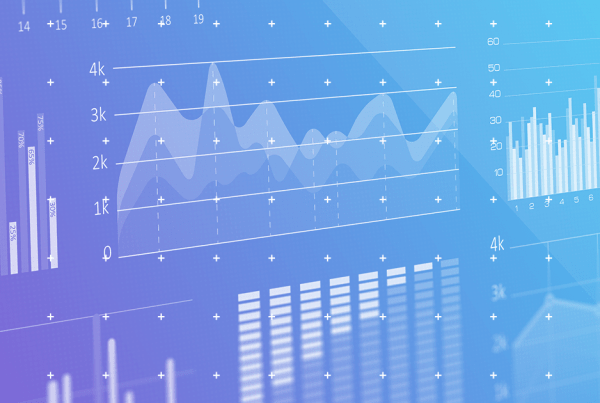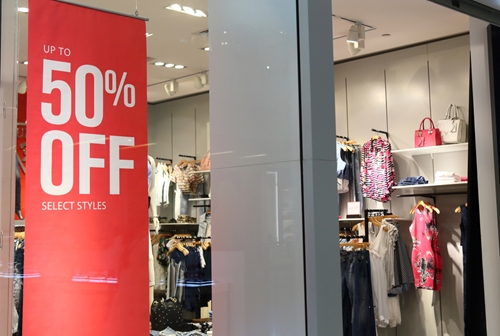Predictive analytics may initially seem too good to be true. By collecting data on trends and daily business operations, companies can forecast future events by comparing internal information to market activities and plan accordingly.
Some organizations may be skeptical about data's ability to see the future. In certain industries, however, predictive analytics isn't just a potential opportunity, it's a new way of doing business. The Harvard Business Review suggested retail and manufacturing companies use the data processing strategy to predict demand and anticipate service needs.
As the practice becomes commonplace in these industries, other organizations should recognize previous successes to see how the innovative business intelligence systems will help keep companies ahead of competition.
Predicting demand
Data analytics has only become more popular as information sources increase in abundance. Today, manufacturers can receive data from clients, managers, employees, suppliers and even the machines that perform production. This allows decision makers to use predictive analytics to plan operations around projected demand, available resources and worker performance. The Supply Chain Management Review said this leads to less down time, leaner operations and improved bottom lines.

Predictive analytics not only helps companies make the most out of available assets and prepare for demand, but insight into customer behavior allows retailers to encourage future sales. The Harvard Business Review suggested it's commonplace for e-commerce companies to send specialized discounts and pricing based on predictive models most likely to convert sales.
The information provided by predictive analytics helps companies serve consumers better by addressing issues before they become problems. Connected products can send alerts when it's time for maintenance, or forecast models may indicate when it's time to check on a client. IBM predictive analytics solutions helped airplane mechanics at Boeing anticipate when tools needed calibration or replacement to ensure they were ready for customer orders.
A solutions for all consumers
The success found by the manufacturing and retail industries should be shared with other organizations. CIO magazine detailed how IBM offers predictive modeling software solutions specifically designed for multiple industries. Banking, healthcare, hospitality and entertainment businesses can use the same data processes as those in the retail industry to predict demand and gain the most insight from daily information.
By utilizing the right data practices, any company that works with human needs can anticipate demand and provide service. The healthcare industry may soon use predictive analytics to diagnose and monitor conditions, performing care as soon as possible. At the same time, industries where human enjoyment is the product – like hospitality and entertainment – can provide convenience and satisfaction by delivering services without having to bother customers with too many questions and building packages specifically for certain demographics.






